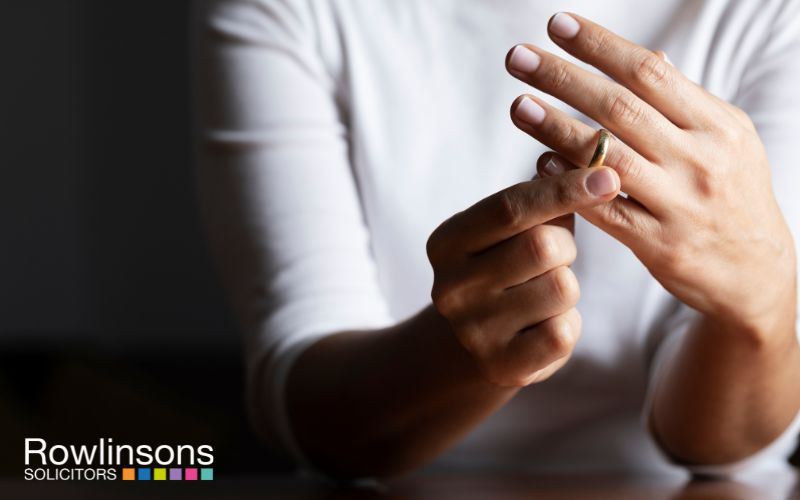Laura Jones, Paralegal in the Family Department at Rowlinsons Solicitors considers this question.
Domestic abuse can comprise of many forms whether that be emotional, physical or financial abuse. It is defined as any incident either isolated or part of a pattern of controlling, coercive, abusive, or threatening behaviours against any family member or partner who is over 16 years of age. It is no secret that court proceedings for divorce or children matters is an incredibly stressful time in a person’s life and so if there is a history of domestic abuse, this can only exacerbate matters.
Over the last few years, the Courts have recognised this issue and have sought to respond. Reforms now strive to ensure that domestic abuse survivors are adequately protected and feel safe throughout proceedings. Specially, Section 63 of the Domestic Abuse Act 2021, provides that where a party is, or is at risk of, becoming a victim of domestic abuse, they will automatically be eligible for special measures within family proceedings. But what are they?
The court can direct for special measures at any hearing to assist the vulnerable party in participating in the hearing. Special measures are there to support the party and allow them to fully participate within the proceedings without suffering any further harm. Special measures include directions for there to be separate entrances and exits in the court as well as screens when in court, to ensure that the parties do not come face to face, which is often a great fear for someone who has been subjected to abuse. There is also the option of attending the court via video link instead of in person again, to mitigate the risk of the vulnerable party coming face to face with the other party. Another special measure to protect a domestic abuse victim is that you can apply to court for your address to be kept confidential, which gives the vulnerable party further protection and peace of mind that the other party is unable to locate them.
A concern that is often raised by domestic abuse survivors within family proceedings is the fear of how the other party may react to the proceedings. By limiting contact, this helps to alleviate such fears and ensure that they can fully participate in the proceedings and their evidence or participation is not affected by the abuse they have endured. Laura commented, “it is important that our clients, particularly those who have been subject to domestic abuse, have the confidence and the support of the court in order to be able to engage fully in the court process, without fear of repercussions”.
If you require assistance with an application to the family court whether that be for children matters or matrimonial matters and you have been a victim of domestic abuse, please contact us and we will assist you further in this matter, ensuring you are protected throughout proceedings by utilising the special measures outlined above. We can also guide you through the relevant forms required to apply for the same. Contact Rowlinsons on 01928 735333.

